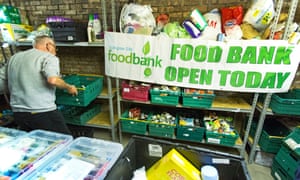My human capital:
1. I’m really, really funny (in person, at least). A genuine dry sense of humor is a really great characteristic to possess because they are few and far between, and it really helps me to connect with people who I would otherwise have no angle of approach with. It is a good way to draw people in and keep them engaged in conversation.
2. My passion for animals. I know I’ve probably doted on this too much, but I really do think its a trait that sets me apart in the market that I’m trying to weasel my way into. It’s always a great selling tactic to evoke that pathos in customers, and when anyone sees a seller that seems truly emotionally invested in their product, it instantly makes it more appealing. Like, if it has the ability to make them so passionate, it could have that same effect on you.
3. The extreme pressure I’m always putting on myself. Not to pat myself on the back, but I am fully aware that I’m a crazy hard worker. However, whatever I do never feels like “enough” to me, even if it is to everyone else, and therefore I’m constantly pushing myself harder and further to do better or be smarter or work harder — sometimes to my own detriment. Being I’m the only one putting that kind of pressure on myself, I'm the only one who can take it away, and I just don’t know how to do that.
4. My cynicism. This may seem like a weird trait to embellish or put on a pedestal but I really think a strong sense of pessimism is necessary in business. If you’re always looking for the positive in things, you can sometimes miss signs of change that could be in your future, and you won’t be prepared for them, which can cause big problems. It’s important to doubt certain things and coin certain opportunities as “too good to be true” because sometimes, a little skepticism can take you a long way in a world where others are constantly trying to dupe you.
5. My extroverted introvertedness. It’s definitely an interesting combination, but helpful — I know how to work people, but also am happy to be left alone all day to get work done, and can easily recharge with some good alone time. Plus, possessing both kinds of personality helps me a lot to read people more easily and get an idea of how outgoing or shy they are.
_________________________________________________________________________________
The five people that know me best all described me as hard working and relentless when it comes to giving myself even the slightest bit of credit, which is definitely true. I’m hard on myself and rarely give myself a pat on the back for doing all the things I do. They also mentioned my ability to connect with people through humor. Mostly everything they said I had already assumed about myself, so its good to know I’m projecting exactly what I’m thinking. Consistency is key.









